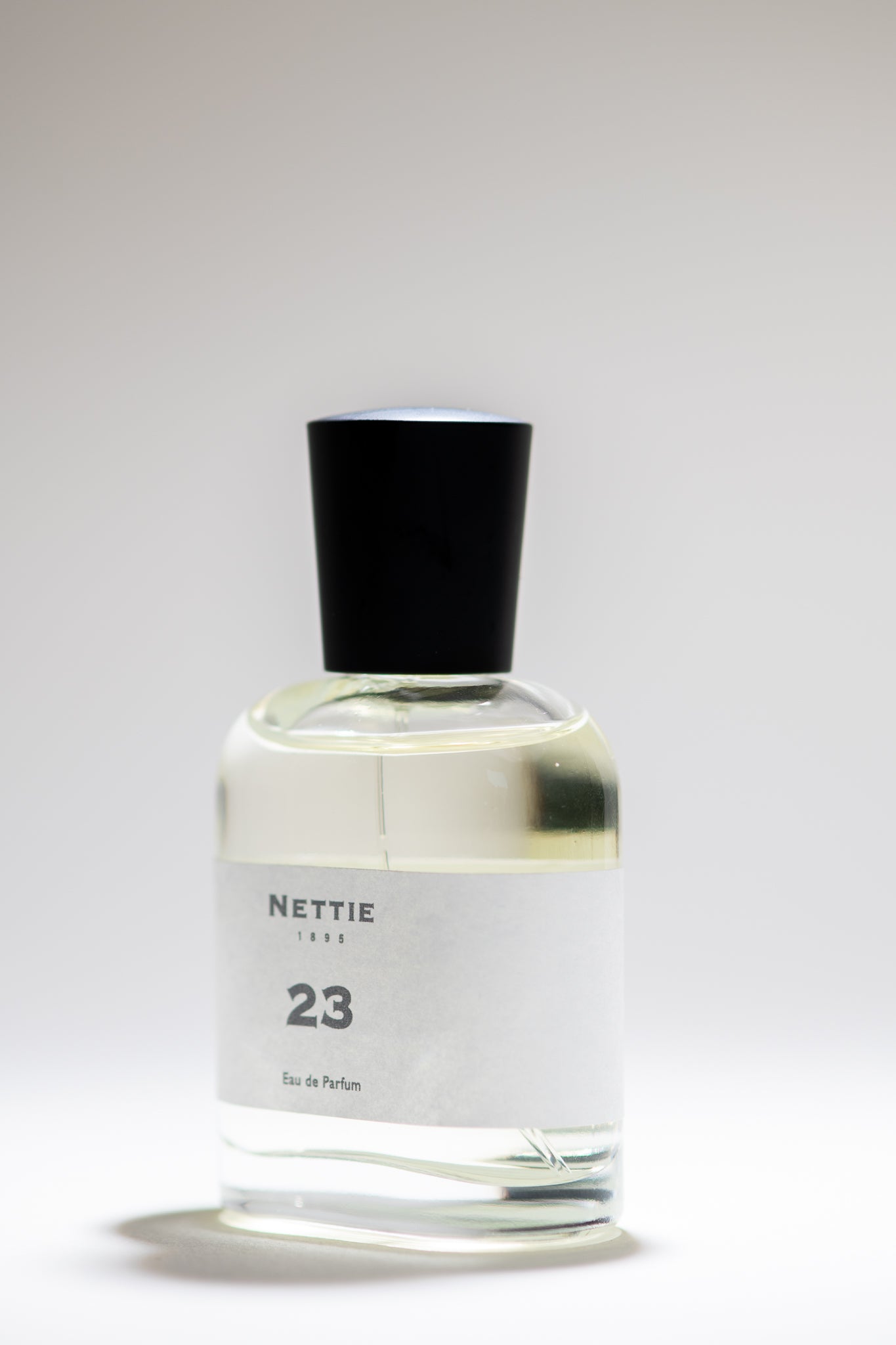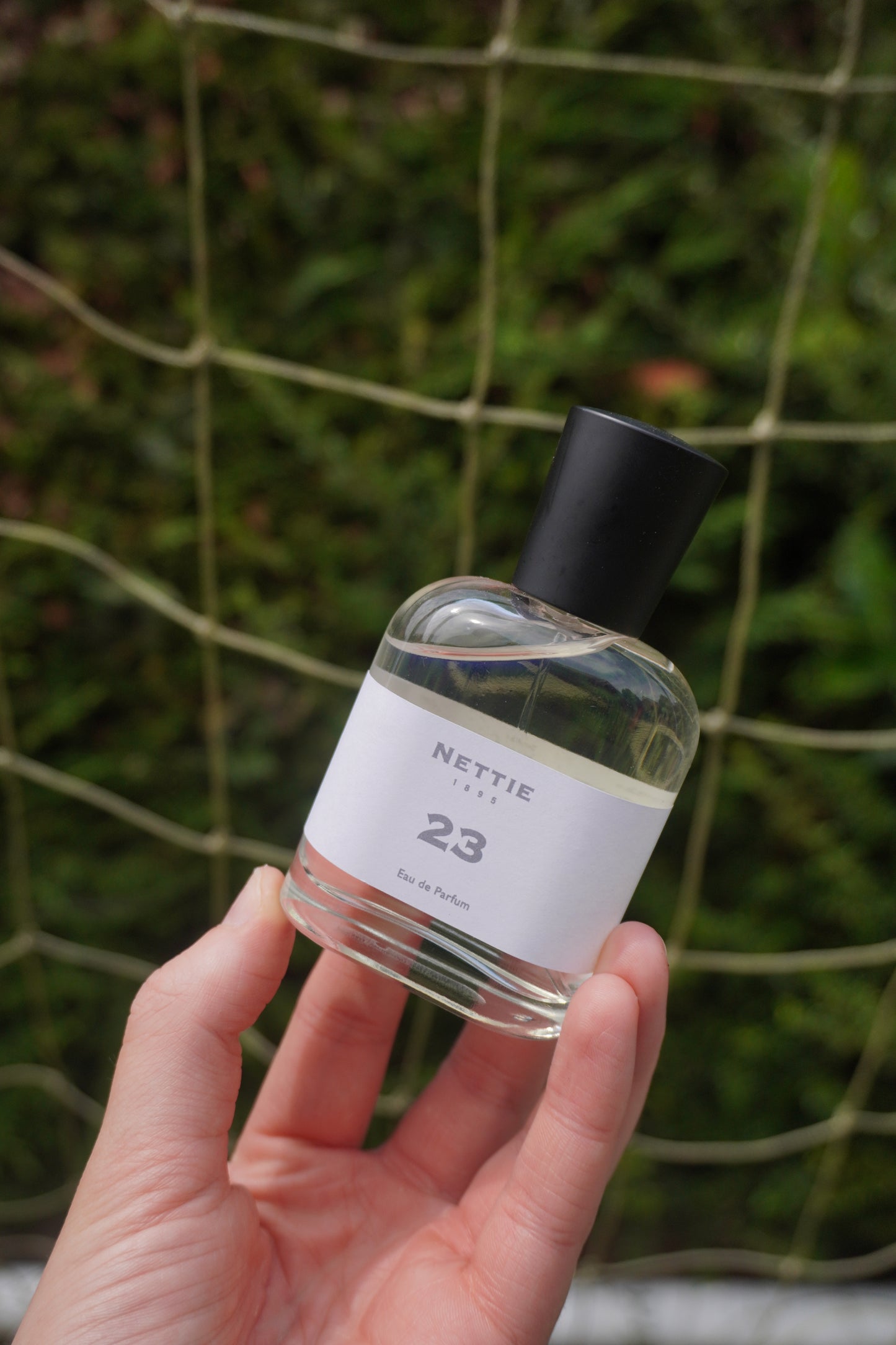23 Blog(7):Chapter Six: Love and Fate

It began, as many love stories do, with an argument over timing.
Not grand timing, mind you—nothing cosmic or poetic. No stars aligning or violins in the background. Just a minor dispute over which of them was supposed to be on stage first.
“I was booked before you,” insisted the man with a mop of dark curls and a grin that could charm coins out of tight fists.
“And I was contracted before you,” replied Lily, arms folded, one eyebrow raised in perfect defiance.
They stood in the wings of a theatre in Camden, both wearing too much rouge and not enough patience. The air smelled of stale pipe smoke and stage powder. Behind them, the audience murmured in anticipation, unaware that the contortionist and the comic were about to start a duet—not with a song, but a spat.
“Ladies before gentlemen,” he said, mock-bowing.
“Not if the lady’s funnier,” she replied, pushing past him onto the stage.
The crowd roared with laughter the moment she appeared.
He watched from the shadows, arms crossed, and muttered, “Well played, Miss Flexmore.”

His name was George White. A music hall comedian of reasonable success and unreasonable ego. He did impressions, recited rhymed monologues, and played the banjo with such flair that audiences forgave his slightly off-tune choruses.
He wasn’t particularly tall, nor especially handsome, but he had presence. That thing Lily recognised instantly—the performer’s glint in the eye, the rhythm in the voice, the invisible string between one’s chest and the crowd that could be tugged at just the right moment for applause.
They were rivals at first. Bantering in the wings, stealing each other’s punchlines, rearranging running orders behind the manager’s back. But rivalry, especially among performers, is often a cover for admiration. And admiration, when shared over whisky and late-night walks, tends to become something else entirely.
He made her laugh.
Not the polite laugh she gave to theatre patrons, or the hearty laugh she used to fill empty backstage silence. No, George made her laugh the sort of laugh that doubled her over and left her gasping. The kind that reminded her she was alive.
He teased her mercilessly about her stage poses.
“Darling, must you eat your own foot every night?”
“Well, someone’s got to do something impressive,” she’d shoot back.
They toured together through Sussex and Surrey, through damp dressing rooms and shared dressing tables, through small towns where the audiences were poor but grateful, and big cities where the critics were rich but suspicious.
Some nights they fought. Over lines, over timing, over who stole whose joke.
But more often, they simply talked.
Long conversations about nothing and everything. About the world, about their parents, about what came next after all the stage lights dimmed.
He asked her once, over a fish supper in Bristol, “If you hadn’t run away to join the music halls, what would you be doing now?”
She thought for a moment. “Probably bent over a cobbler’s bench.”
He looked horrified. “What a waste of perfectly marvellous ankles.”
They married in 1909. Quietly, without fuss or feathers. Just the two of them and a pair of witnesses who probably expected the ceremony to end with a punchline.
She signed the register as Ellen Mary Anne Dunn.
He signed as George White.
No pseudonyms. No stage names. Just themselves.
Afterwards, they had a celebratory pint, a plate of pickled eggs, and a show that evening in Clapham. She performed with a small pink ribbon tucked into her hair.
No one in the audience knew it was her wedding day.
She liked it that way.
Marriage didn’t change her.
She still travelled. Still performed. Still arched and flipped and sang. But now, there was someone waiting at the wings. Someone who packed an extra flask of tea. Someone who handed her safety pins with the solemnity of a surgeon and made her laugh through her sore ankles.
They weren’t glamorous. They didn’t own a house. Most months they shared a room in boarding houses or theatre lodgings. They never had children. Partly by choice. Partly because the road left little room for cradles.
But they had each other.
And in a world that often demanded she be something else—funnier, prettier, bendier—George never asked her to be anyone but herself.
She once broke her wrist mid-act in Derby.
George finished the show for her—badly, hilariously, unforgettably—then sat by her side all night with a bottle of cheap brandy and his banjo.
“This is why contortionists shouldn’t drink,” he said, trying to tune the strings.
“This is why comedians shouldn’t sing,” she replied, groggy but grinning.
They howled with laughter until the nurse told them both off.

As the years passed, they slowed down. Not all at once, and not with complaint. But the long tours became short ones. The back-to-back performances spaced out. Younger acts with flashier tricks came along. Some tried to copy Lily. None quite managed.
She didn’t mind.
She’d had her name in lights. She’d bent herself into legend. And, more importantly, she’d lived it on her own terms.
With George beside her, she began to treasure the quiet moments: Sunday papers and boiled eggs, sitting on railway benches watching the pigeons, scribbling new lyrics for the occasional encore.
Once, while watching a young girl rehearse a tumbling act, George nudged her.
“She’s quite good,” he said.
“Needs better knees,” Lily replied.
“You could teach her.”
“I could,” she nodded. “But she’ll be better if she learns it herself.”
In the summer of 1933, George fell ill.
It was sudden, and swift.
By September, he was gone.
Lily was stunned—not theatrically, but utterly.
For a time, she stopped performing. Stopped writing. Stopped being Lily Flexmore altogether. She went by Ellen again. She took long walks alone. She visited George’s grave with a flask of tea and no umbrella, even when it rained.
One friend described her then as “folded in half, but not for show”.
She never remarried.
She didn’t need to.
She’d had love.
The real kind.
And that, she knew, was rarer than standing ovations.
In early 1934, Lily caught a viral infection—a stubborn, unremarkable illness in the papers, but one that her tired body, still limber but no longer invincible, could not quite shake.
She died quietly, in her sleep, just a few months after George.
She was fifty-four.
They are buried together in East Finchley, side by side. One headstone. Two names. No stage titles.
Just Ellen and George.
Together, in life.
And in memory.












